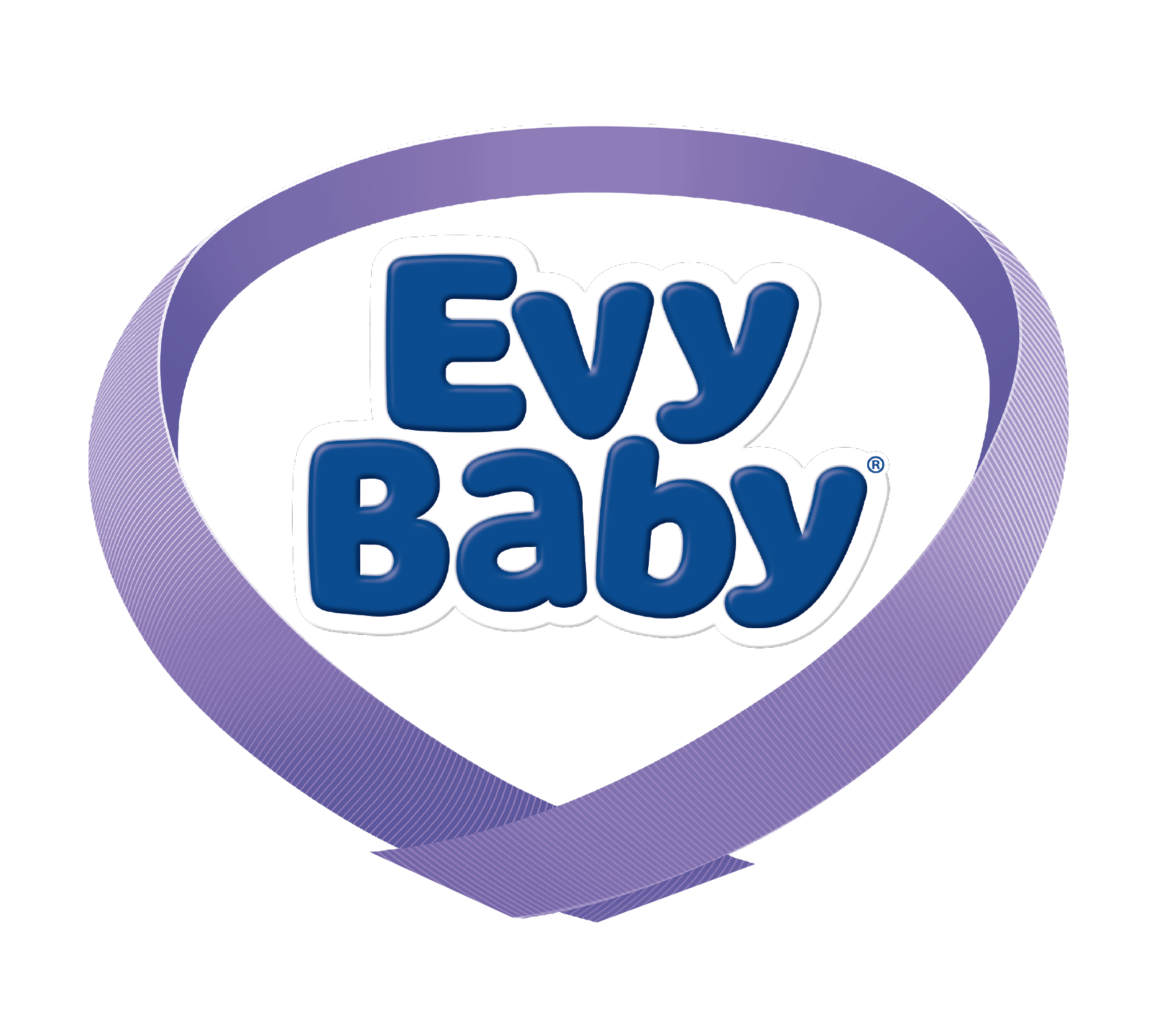

Your baby’s perception, her curiosity and passion to discover new things are evident even at first months. This will be always the case. As filters of perception are not developed at that age, she will be exposed to everything around her without making differentiation between the good and the bad; beautiful and ugly, the useful and the harmful. Without any doubt, these perceptions are recorded in her memory
This week at Mom’s Land, we will do our best to reply to all the questions that you may have in your mind in order to prepare your baby for life in best possible way. We have compiled the opinions of specialist doctors and pediatricians about TV which is from time to time seen as a savior to control the attention of babies.
In the first months of her life, our baby is open to all kinds of stimuli, sounds being the most import one at this period. At this stage when she is curious about and ready to experience all the stimuli around her like sounds, images, lights, smells etc., she is affected by colors, images, movements and sounds coming from TV as if she is hypnotized.
Babies need to have mutual communication at this stage during which they are most open to development. For baby’s emotional development, it is important for her to realize that you are talking to her. She realizes that someone is interested in her during reciprocal communication. She can feel the sounds made for her. She rejoices and reacts positively
It is known that babies record voices around themselves during periods of phonation, imitation and learning. In a research carried out with babies between 8 and 18 months, it was observed that vocabulary capacity of the babies who watch TV develop less than those babies who do not watch TV at all.
Research results also reveal that babies who stay before TV for longer periods of time start speaking at a much later stage compared to other babies.
In the early stages of infancy, language development takes place in accordance with many clues, such as face expressions, tones of voice, signs and attitudes. Because watching TV is a passive situation, it is reported that babies who are in the role of a receptor have difficulty in communication at the later stages in their lives.
In the first years of life, language and intelligence develop very rapidly. According to a research carried out on this subject, 70% of the intellectual development is completed in the first year of life.
Baby’s comprehension of differences of depth, size and perspective visually is a very important step in brain’s development. But there is no difference between 2 dimensional and 3 dimensional images on TV screen. Baby cannot understand this difference. As there is no depth in TV, babies cannot make sense of concepts such as “close” and “far away”.
Babies who see pictures on TV will see the same image no matter from which angle they look at. The brains of the adults are aware of this illusion, but babies cannot distinguish it.
In addition to all of these, advertisements and song clips attract babies’ attention as they provide sounds, rhythm and colorful images. Certain subliminal messages in advertisements and clips can be taken permanently by infants without passing through the filter of consciousness and they can experience feelings such as anger, fear and anxiety without any reason.
It has been observed that children who have been exposed to these images have sometimes difficulty in establishing social relations and they have an increased tendency for violence.